Meet Your Creator: Brian Carroll Of 'Two Party Opera'
by Caleb GoellnerIf you'd told Two Party Opera creator Brian Carroll that he'd be drawing a presidential comic ten years ago... well, actually, he'd probably have just nodded his head. Indeed, the creator had been planning on satirizing presidents for quite some time, it just took the special spark that was the 2016 election season to ignite his take on the oft-farcial forces that govern the United States. Debuting with a hefty backlog on GoComics last month, Two Party Opera pairs presidents from throughout US history in conversations that touch on contemporary issues with historic ties (you might even say it's precedential).
With the election over and the nation 100+ days into a controversial presidency, we got in touch with Carroll to find out where he's headed and why his comics aren't ripped from the headlines so much as the history books.
GoComics: Two Party Opera launched during the campaign season of the 2016 presidential election. What inspired you to start the comic? Did you have it in mind to begin with, or did specific events of the campaign inspire you?
Brian Carroll: I've been trying to figure out how to do a political cartoon for as long as I've been publishing webcomics. I started using the title "Two Party Opera" about 10 years ago when I thought it would be fun to do a loose comic adaptation of the Brecht play "Threepenny Opera" using donkeys, elephants, and other American iconography like the Statue of Liberty as characters to comment on day-to-day politics.
Clearly that never got off the ground, but the name stuck. Then every election year, I always kicked myself for not having Two Party Opera running and always vowed to do it "next time."
The breakthrough came about early last year when I issued a 30-day drawing challenge for myself to get actively drawing things again and always being interested in the Presidents of the United States, ended up drawing them the way you now see them in the comic. They just looked fun and with the chaos of the 2016 election already raging on - I realized I had my angle and had my cast of characters.
GC: Two Party Opera blends history with current commentary. Do you have a background in history or are you a kind of history buff for fun?
BC: I have no background in history except for being a fan. As a kid, the only two things I wanted to be was a newspaper cartoonist and a filmmaker. That's when I realized that I could make little movies instead of writing papers or presentations for school. Teachers liked it because it was something different and creative and I liked it because it was easier. But at the same time, it really opened up history to me as something accessible. I had one on the Battle of Marathon and the run of Pheidippides, one about castles of England, even one of the story of Jesus that I did for confirmation to get out of doing Bible study. All of them laced with jokes and tie-ins to modern pop culture and current events. It really laid the foundation of the spirit of Two Party Opera.
GC: Who is your favorite president as a legit leader vs your favorite president as a historical figure and is there a difference?
BC: There is very much a difference, but because of personal bias, it's always hard to separate the two. It's the difference between favorite and best - your favorite movie is most likely not the best movie ever made and the best movie ever made is probably not your favorite, but you stick them together anyway because, by golly, my favorite movie is the best because I love it the most!
That being said, my favorite president as a historical leader is, hands down, Theodore Roosevelt. He was a figure that defined what being a 20th-century American meant, despite not being as much of a legislative president as many as others were.
As far as legitimate leader, I have a few in mind, but let's call out James Madison (he gets left behind sometimes.) He was much more of a behind-the-scenes methodical president. He wasn't a loud personality but considering he was in charge of writing the Constitution, he did very well managing the role he practically wrote for himself.
James K. Polk is a president that was an absolute leader in that he accomplished every last thing he set out to do. And yet, I don't regard him as an inspirational historical figure because I strongly disagree with everything he did.
GC: Before Two Party Opera, you created the webcomic Instant Classic. Where do you consider yourself at in your personal comics journey thus far?
BC: I'd say I'm finally feeling like I've got a handle on it!
My very first webcomic launched on May 6, 2002 so I'm quickly approaching the point where half my life has been spent putting comics out to the public. Unfortunately, I got caught up with a lot of things in the webcomic world that had nothing to do with making comics - a lot of time wasted worrying about numbers, or sales, or the politics of making webcomic friends, etc. I'm at a place now that's much more healthy and it's a return to what it should have been the whole time. I'm the happier for it and I think it's made me more comfortable in my work.
Instant Classic is, and forever will be, the comic love of my life. Those characters feel real to me and I'm still writing them, in one form or another. Two Party Opera, in one regard, is my way of proving to myself that I can put aside my personal anxieties and just make fun comics that interest me on a set schedule.
Comics are part of my personal identity that I'm finally maturing into, especially for the last couple years. This entire answer probably reads way more dramatic that I originally intended it!
GC: Your comic has the strengths both of-the-moment political cartoons and more evergreen ongoing comic strips. Was this by design, or just a consequence of your interests?
BC: A little bit of both and the strongest comics I've done so far are able to be both at the same time.
There's very little that's actually new in politics or history - it's all really just varying degrees of the same cycles. It also serves as somewhat of a discipline for me. I could easily do every comic about whatever Trump did the day before - it would appeal instantly to a certain audience and I could probably find easy success with it. It's always tempting, but it would make the comic very shallow. A lot of those "evergreen" comics are informed by what's being said or done in the "of-the-moment" news.
The ongoing attempts at travel bans are nice ways to talk about Andrew Jackson or Franklin Delano Roosevelt. Making budget cuts to the National Parks Service leads to fun comics about how much Theodore Roosevelt and Richard Nixon, both Republicans, fought for the environment. They eventually stand alone, because they're about history, but they came out when they did because of the headlines.
GC: Reality can be overwhelming. Do you ever experience satire apathy in the face of such moments or is satire your way of dealing with apathy in general?
BC: YES. My experience in satire is that it can feel like it's just simply not enough. That I'm poking the Tammany Tiger with a stick while real people are literally fighting and getting hurt by the actions of the thing I'm making jokes about. It's so easy to fall into a "what's the point" despair and that kind of apathy is toxic. But we need the fighters. The protestors. The essayists. The satirists. The historians. The cartoonists. It's all part of a overall march towards positive change.
Sure, there are times when it feels overwhelming. I'll do a simpler comic, take the day to feel crushed, but know I have to get back in the ring the next day. The views I fight against are counting on apathy to advance its agenda. I take weekends off.
GC: Are you a person who makes political predictions? Do you ever begin work on a comic in advance of an event you think *might* occur?
BC: The first 65 comics of Two Party Opera were made under the assumption that Hillary Clinton was going to be the 45th President. So yea, I definitely make a lot of predictions. They're not always correct, but I make them. And since starting the comic, I definitely understand news pundits now. It's so addicting. If you make a prediction and you're right, you're a genius and a clairvoyant! If you're wrong, no one really cares. So I'll keep on making them as long as there seems to be no real consequences to it!
GC: Given how partisan politics is, cartoonists who deal in political humor get a lot of polarized feedback. How do you handle that as a creator?
BC: So far, I have good cover as being someone no one knows about. I feel like I've been getting away with a lot of comics that I would might have had to think twice about if I had a bigger audience. But I do think I'm ready for that kind of polarized feedback if and when I get to that point. The greatest weapon I have is context and that's the backbone of what Two Party Opera is about. Not just "this is bad and here's a cartoon telling you it's bad so come fight me" but rather "this is bad, here's evidence of historical precedent, let's start discussing there." That context invites, I hope, a higher level of discourse instead of just taking cheap potshots and then yelling talking points at one another. But we'll see!
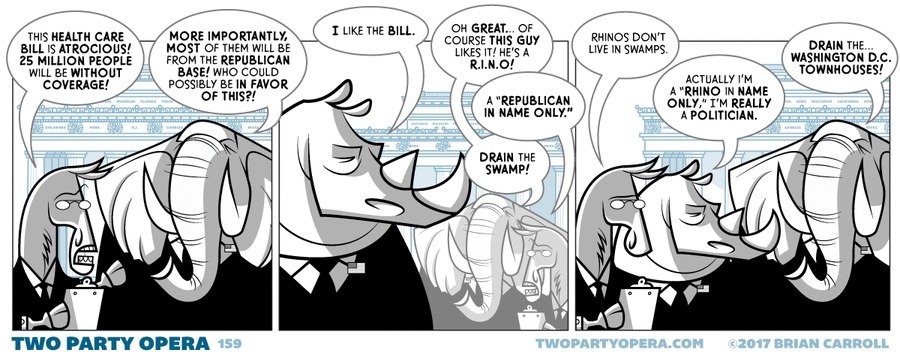
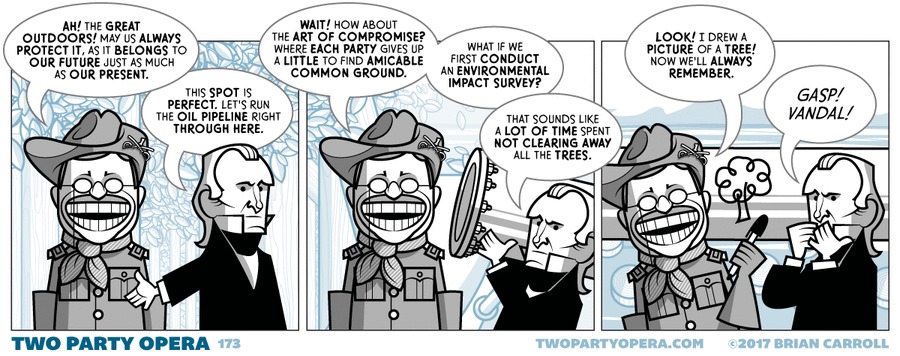
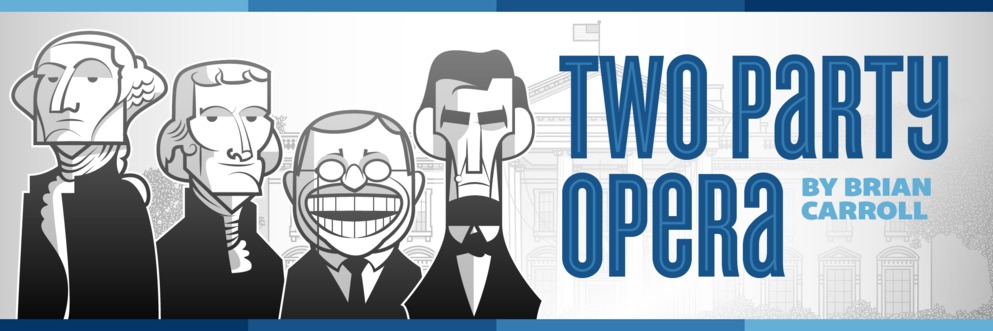
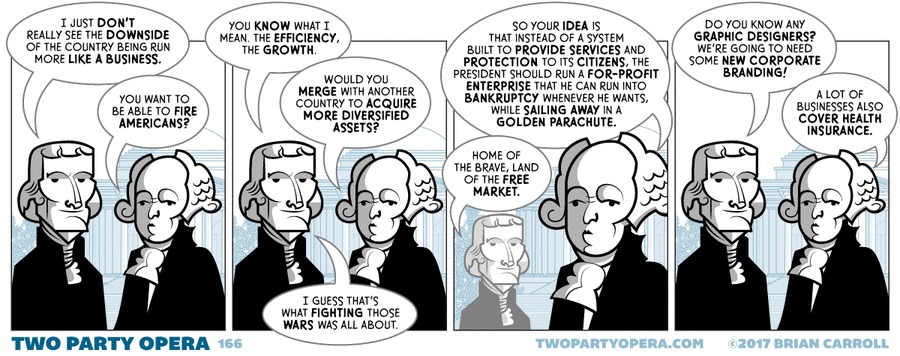



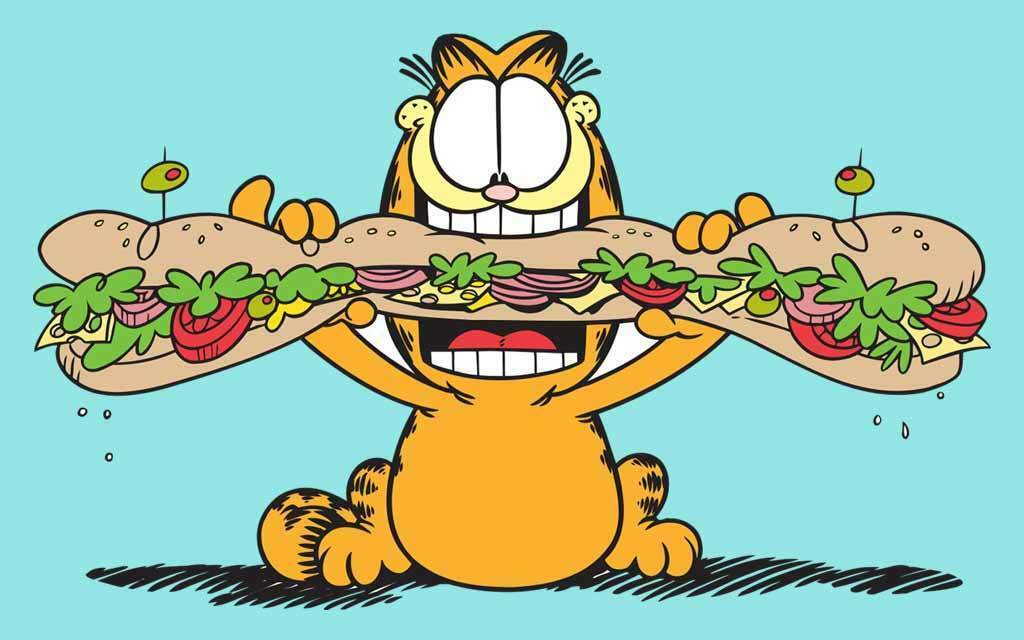
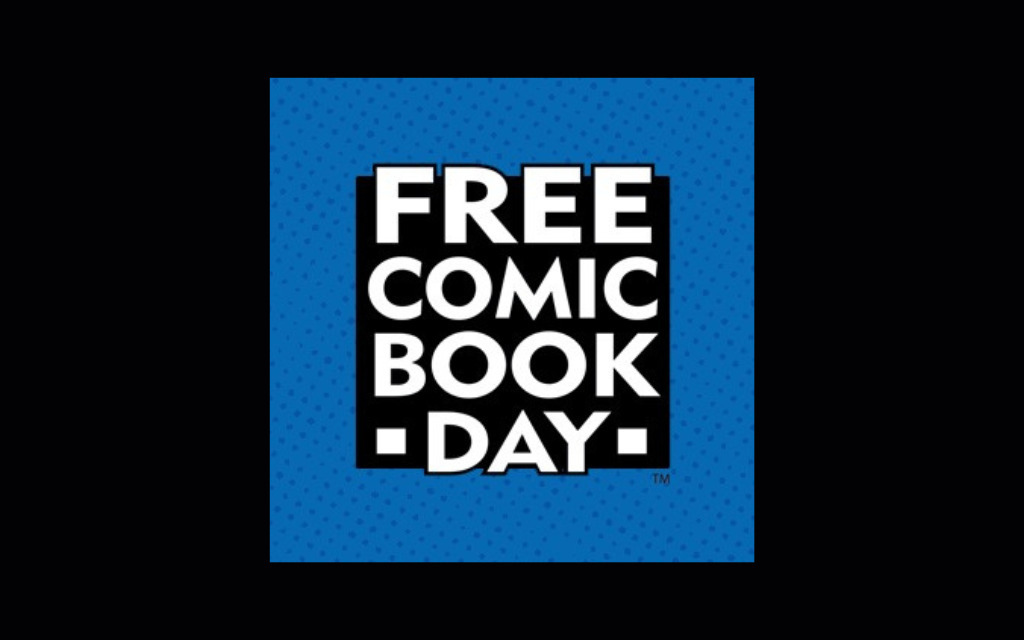
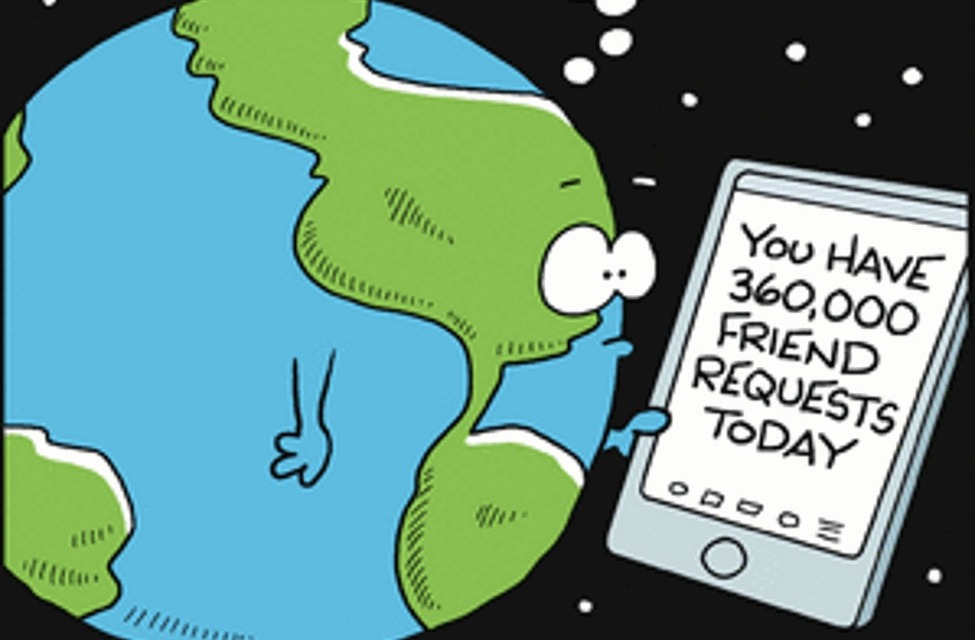
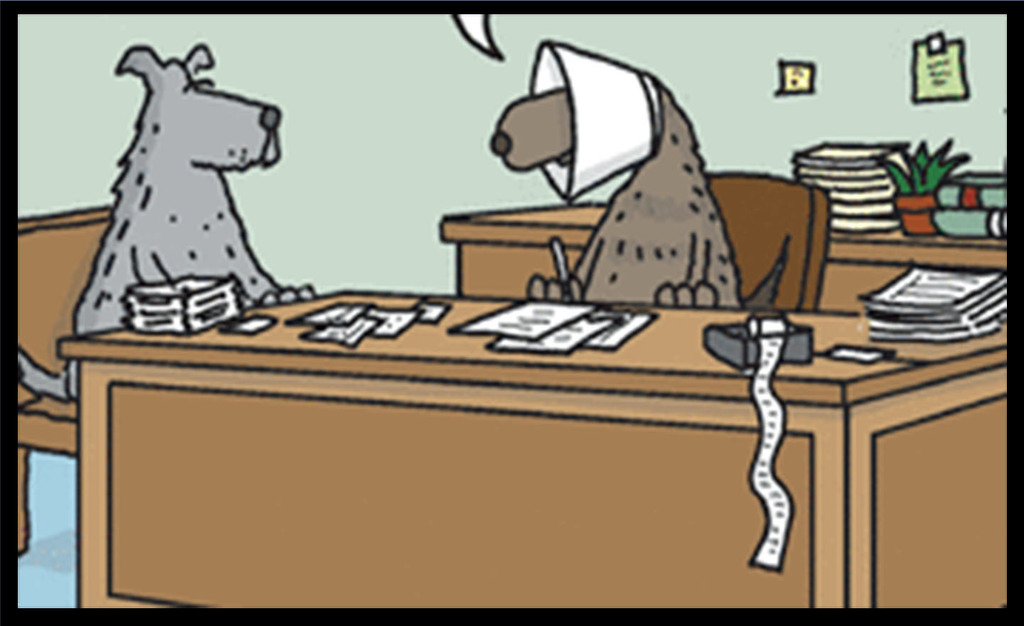
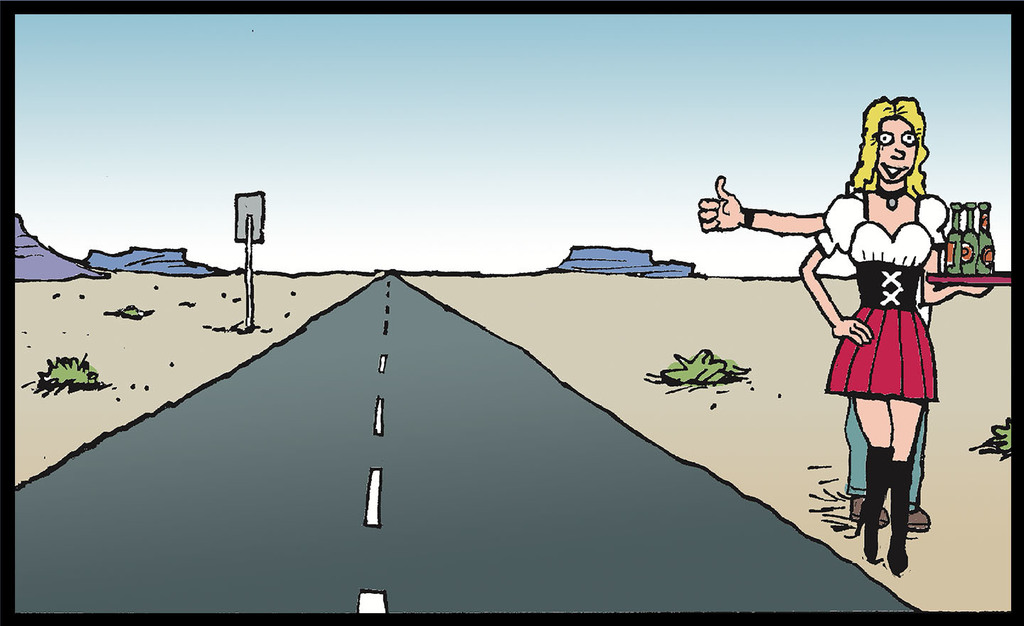
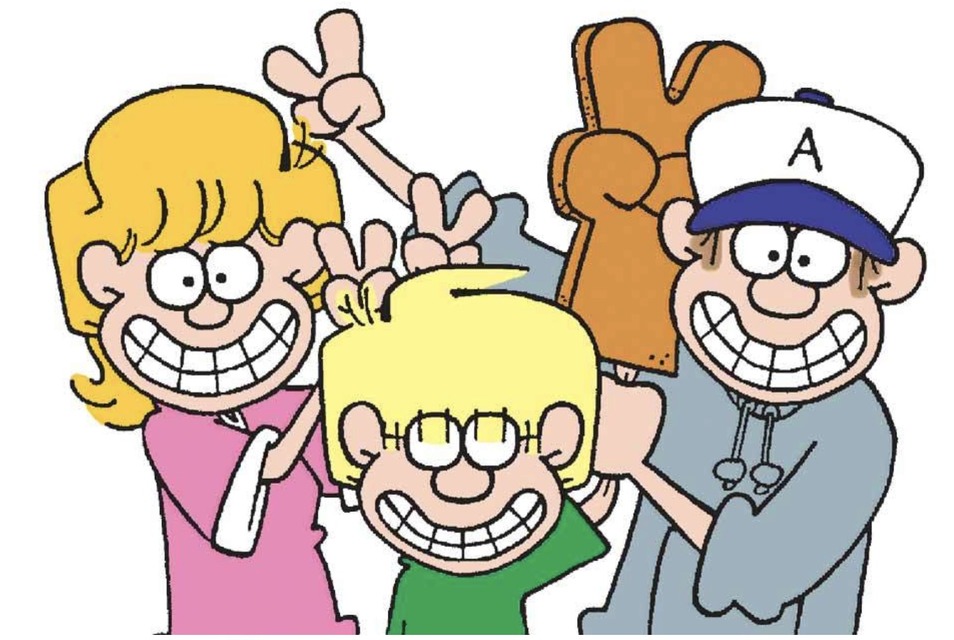
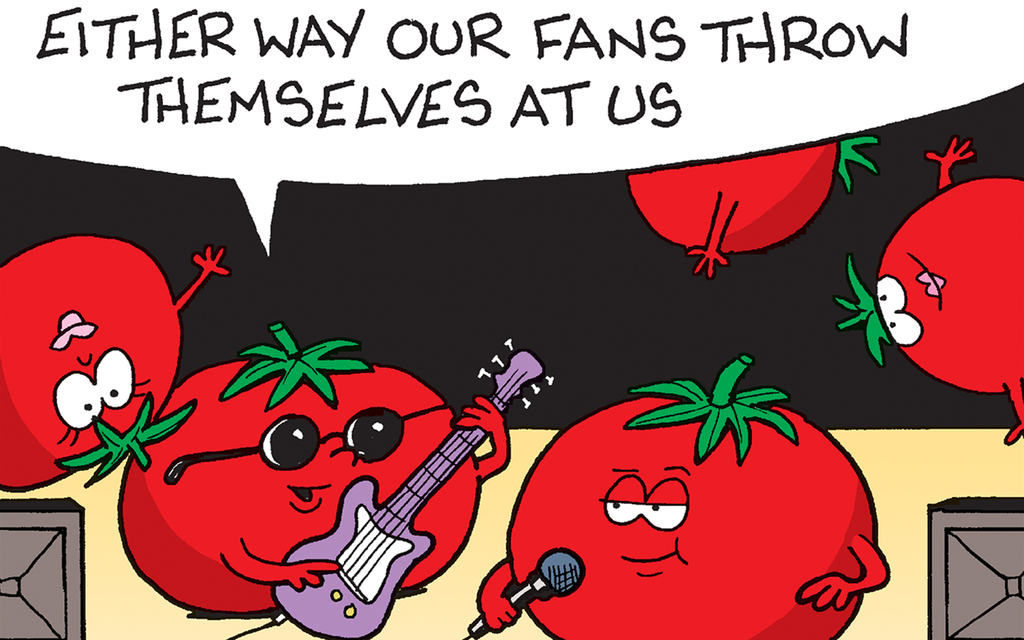
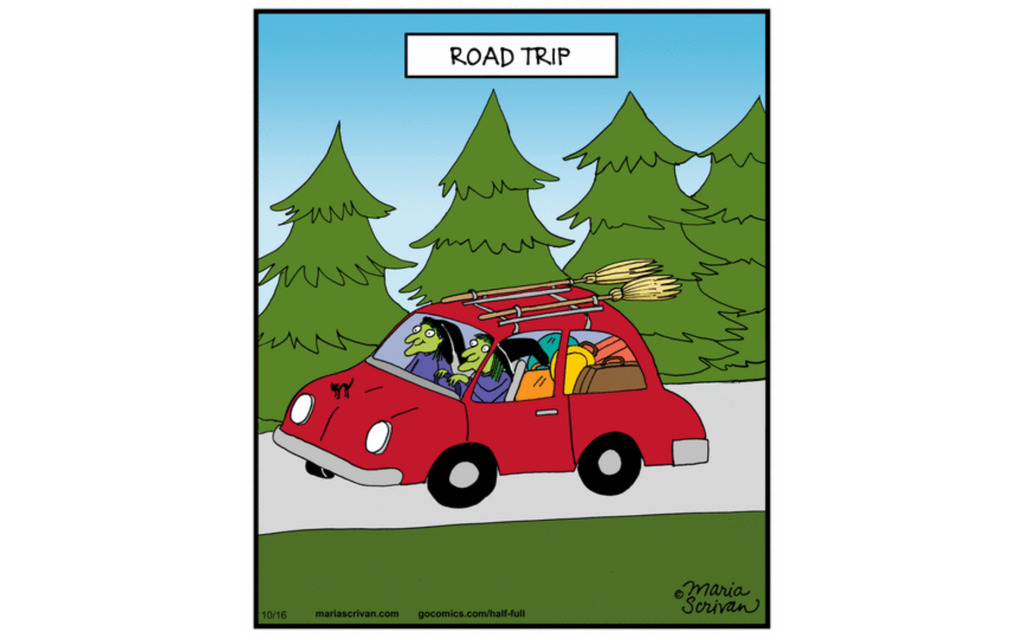
Fenshaw about 7 years ago
Would Mr. Carroll consider issuing a Guide to the Presidents, with all of the drawings listed with the names and dates? That would make a wonderful schoolroom poster, and would certainly hang on my wall. I just want to say about the strip, Bully! Draw on Sir!
Julie Breutzmann Premium Member about 7 years ago
I love Two Party Opera! Have you thought of publishing a book?